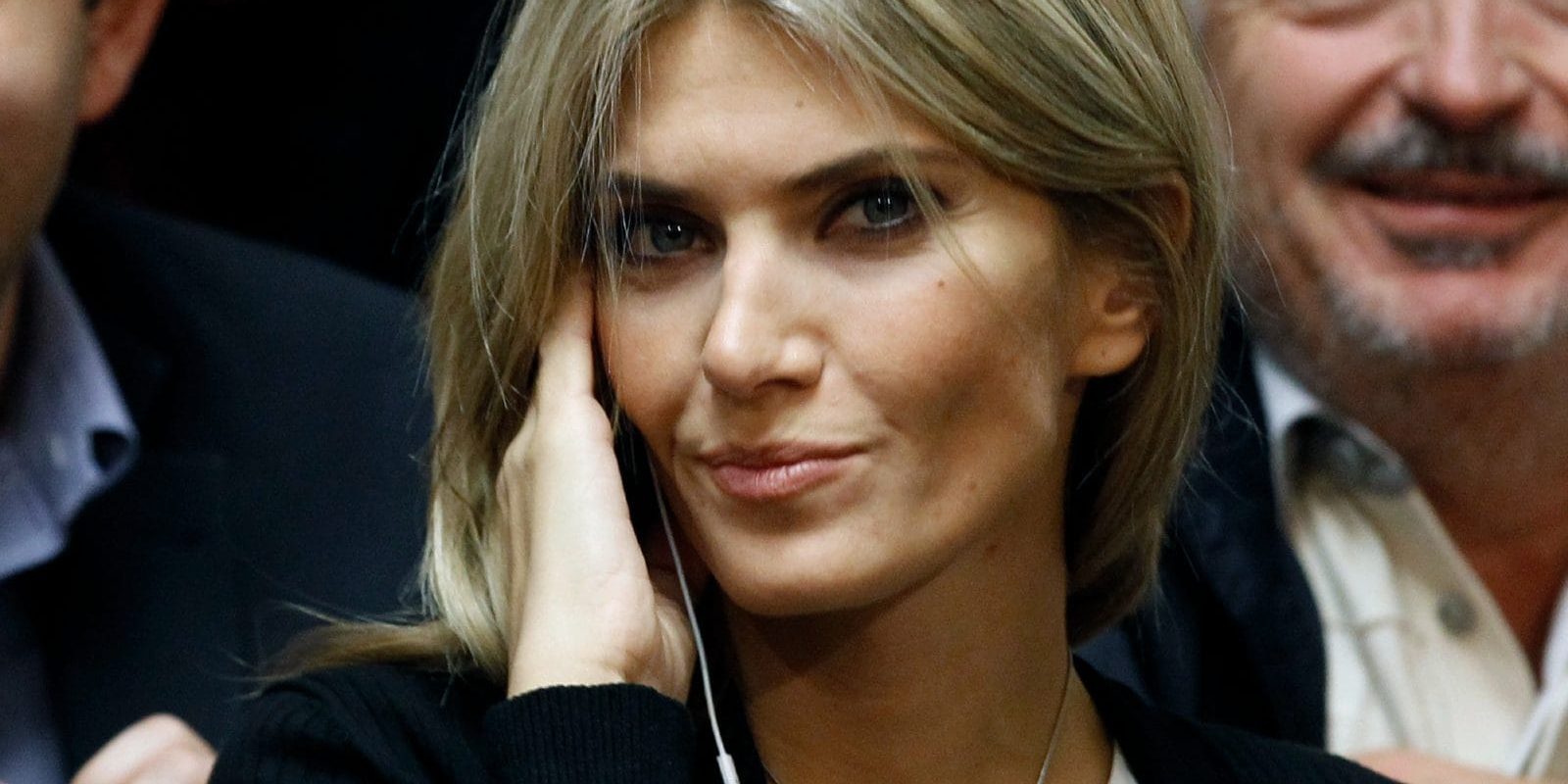The European Parliament removed Greek MEP Eva Kaili as a vice president of the assembly on Tuesday after she was accused of accepting bribes from Qatar in one of the biggest corruption scandals to hit Brussels.
Kaili has denied any wrongdoing, but European lawmakers have acted rapidly to isolate her, worrying that the Belgian investigation will badly dent the assembly’s efforts to present itself as a sound moral compass in a troubled world.
“There will be no sweeping under the carpet. Our internal investigation will look at what has happened and how our systems can be made more watertight,” European Parliament President Roberta Metsola said as 625 MEPs voted to deprive Kaili of her VP role, with only one voting against and two abstaining.
Kaili, who is in Belgian police detention, was one of 14 vice presidents in the parliament.
Belgian prosecutors charged her and three Italians at the weekend with taking part in a criminal organisation, money laundering and corruption.
A source close to the investigation has said they were believed to have pocketed money from Qatar, current host of the soccer World Cup. The energy-rich Gulf state has denied any wrongdoing.
Police have raided numerous buildings in Brussels, including parliament offices and 19 homes, discovering around 1.5 million euros ($1.58 million), some of it stashed in a suitcase in a hotel room, a source close to the investigation said.
Kaili’s lawyer in Greece, Michalis Dimitrakopoulos, said on Tuesday that she was innocent. “She has nothing to do with financing from Qatar, nothing, explicitly and unequivocally,” he told Open TV in a first public comment.
Several MEPs nonetheless called for the 44-year-old Socialist politician to quit the assembly altogether.
“Given the extent of the corruption scandal, it is the least we could expect of her,” said MEP Manon Aubry, who co-chairs the Left group.
Countries and politicians on the nationalist right who have faced criticism from the assembly said it had lost the moral high ground.
Al Marri, Qatar’s minister of labour, meets with Kaili, VP of European Parliament, during a meeting in Qatar
“From now on the European Parliament will not be able to speak about corruption in a credible manner,” Hungarian Foreign Minister Peter Szijjarto wrote on Facebook.
Jordan Bardella, a French MEP and president of the far-right Rassemblement National, said the scandal showed what he called the “mockery” of an EU “which has set itself up as a model of virtue, a giver of lessons”.
Belgian prosecutors said they had suspected for more than four months that a Gulf state was trying to buy influence in Brussels. Although no state was publicly named by prosecutors, a source with knowledge of the case said it was Qatar.
None of the four people charged has been formally identified, but their names were rapidly leaked to the press.
FIERCE CRITICISM
According to a source familiar with the case, the other accused are former EU lawmaker Pier Antonio Panzeri, Kaili’s partner Francesco Giorgi, who is a parliamentary assistant, and Niccolo Figa-Talamanca, secretary-general of a human rights campaign group.
There were no replies to calls and emails made by Reuters to their respective offices or homes.
Angelo De Riso, a lawyer for Panzeri’s wife Maria Colleoni and adult daughter Silvia, whose extradition from Italy Belgium is seeking as part of the investigation, said there would be hearings on Dec. 19-20 to decide on that request.
“My clients told the judge that they knew nothing about the things that are being challenged against them and that they had nothing to do with it,” De Riso said.
Kaili was among a stable of young aspiring Greek politicians who emerged in the debilitating debt crisis which swept Greece from 2010 to 2015. The Greek socialist PASOK party has said it will expel her from its ranks.
In a speech in the European Parliament on Nov. 21, at the start of the month-long World Cup, Kaili lashed out at Qatar’s detractors and hailed the energy-rich Gulf state as “a frontrunner in labour rights.”
Qatar, whose immense wealth derives from its oil and gas reserves, drew fierce criticism of its human rights record in the run-up to the World Cup, including its treatment of migrant workers.







